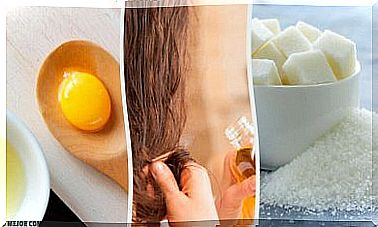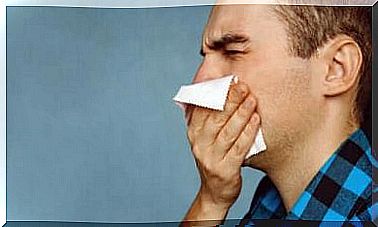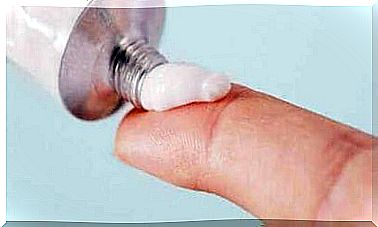Bad Breath – 5 Home Tricks
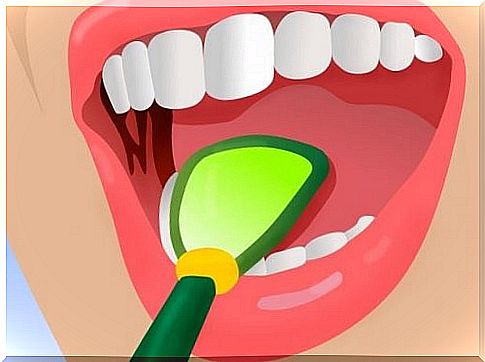
Are you also tired of unpleasant smell from the mouth? Scientifically, this problem is known as stinking breath and it is not always the result of improper oral hygiene. Scientific research shows that a significant proportion of adults experience this embarrassing ailment at some point in their lives.
In general, bad breath occurs when excess bacteria begin to build up on the back of the tongue. The severity of the problem may vary. Usually in the mornings, bad breath is strongest. Sometimes it also happens that it intensifies unexpectedly and may continue for several days.
When you notice bad breath in you, pay particular attention to the consistency of your saliva. Healthy, i.e. dense saliva absorbs all kinds of cellular debris faster to quickly excrete them. On the other hand, when it is low, it is cloudy and thin, providing an ideal environment for bacteria to multiply, which then causes unpleasant smell from the mouth.
Bad breath – the most common causes
- Bad hygiene habits
- Side effects of medications taken
- Stress
- Diseases of the teeth and gums
- Tartar on the tongue
- Lumps in the mouth, nose, or throat
- Slight drooling
- Bacterial infections
- Abuse of tobacco and alcohol
- Various types of chronic diseases
In some cases, the source of the problem is very difficult to pin down. You then have to randomly apply one of the forms of treatment. Is it really possible to combat this ailment quickly and effectively?
First, go to a specialist doctor so that he can make a correct diagnosis and rule out dangerous diseases, the symptom of which is often an unpleasant smell from the mouth. Very often, superficial oral hygiene is useless when the problem originates in one of the internal organs.
However, if the condition is not serious, be sure to try one of the following natural remedies for fighting bad breath. All of them are effective and perfectly refresh the oral cavity and kill bacteria that accumulate in it.
1. Daily oral hygiene
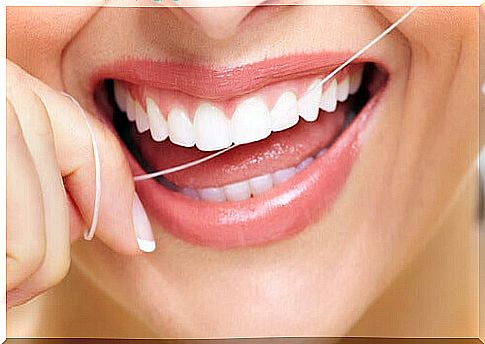
Proper oral hygiene for the maintenance of health and the prevention of bad breath should be as follows:
- Every day, you should thoroughly brush your teeth, gums and tongue (especially the back part at its base).
- Use a dental floss twice a day to remove the smallest and most burdensome food residues from the interdental spaces.
- When brushing your teeth, use a soft-bristled toothbrush equipped with a special attachment for tongue hygiene. Reach the farthest corners of the mouth with the brush.
- Do a dental and oral checkup at least once a year.
- Occasionally rinse your mouth and throat with a solution of baking soda. It perfectly removes bacteria from the oral cavity and prevents the formation of infections.
- Once a week, clean the toothbrush by immersing it in hydrogen peroxide for several minutes.
2. Take care of your daily diet
There is a large group of foods that can cause bad breath. It mainly includes foods rich in unhealthy fats, red meat, dairy products, sweets and some spicy-flavored spices.
Excessive consumption of these foods leads to a variety of digestive disorders and can become a direct cause of bad breath. So what should our daily diet look like to avoid this unpleasant ailment?
- Intake of fresh, antioxidant-rich vegetables and fruits should be increased.
- Avoid beverages with high acidity, such as coffee.
- Remember that excess sugars in your daily diet foster throat infections and bacteria in your mouth.
- Regularly consume infusions that naturally “purify” your breath and fight bacteria accumulating in the mouth. Mint, green or black teas will effectively protect you from foul breath.
3. Supplement the deficiencies of vitamins in the body
Therefore, if our immune system is weakened, the body becomes vulnerable to attacks by bacteria and other pathogens.

So make sure that your daily diet does not lack fruit and vegetables rich in vitamins. During periods of exceptional immunity decline , you can also reach for appropriate dietary supplements that will help you cleanse the body of mucus and toxins.
4. Take care of the health of the digestive system
Disturbances in the work of the digestive system can lead to diseases such as indigestion, constipation or bothersome colic. Bad breath can also be another symptom of abnormal digestive processes.
How do I keep my digestive system healthy and prevent bad breath?
- Increase the consumption of foods rich in dietary fiber (whole grains and dried fruit and dried fruit and nuts).
- Eat fruit regularly, which contain valuable digestive enzymes. These include papaya, avocado, pineapple, etc.
- Include apple cider vinegar in your daily diet. It is a source of hydrochloric acid, which greatly accelerates the process of food decomposition.
- Drink at least two liters of water a day.
5. Drink herbal infusions and healing teas
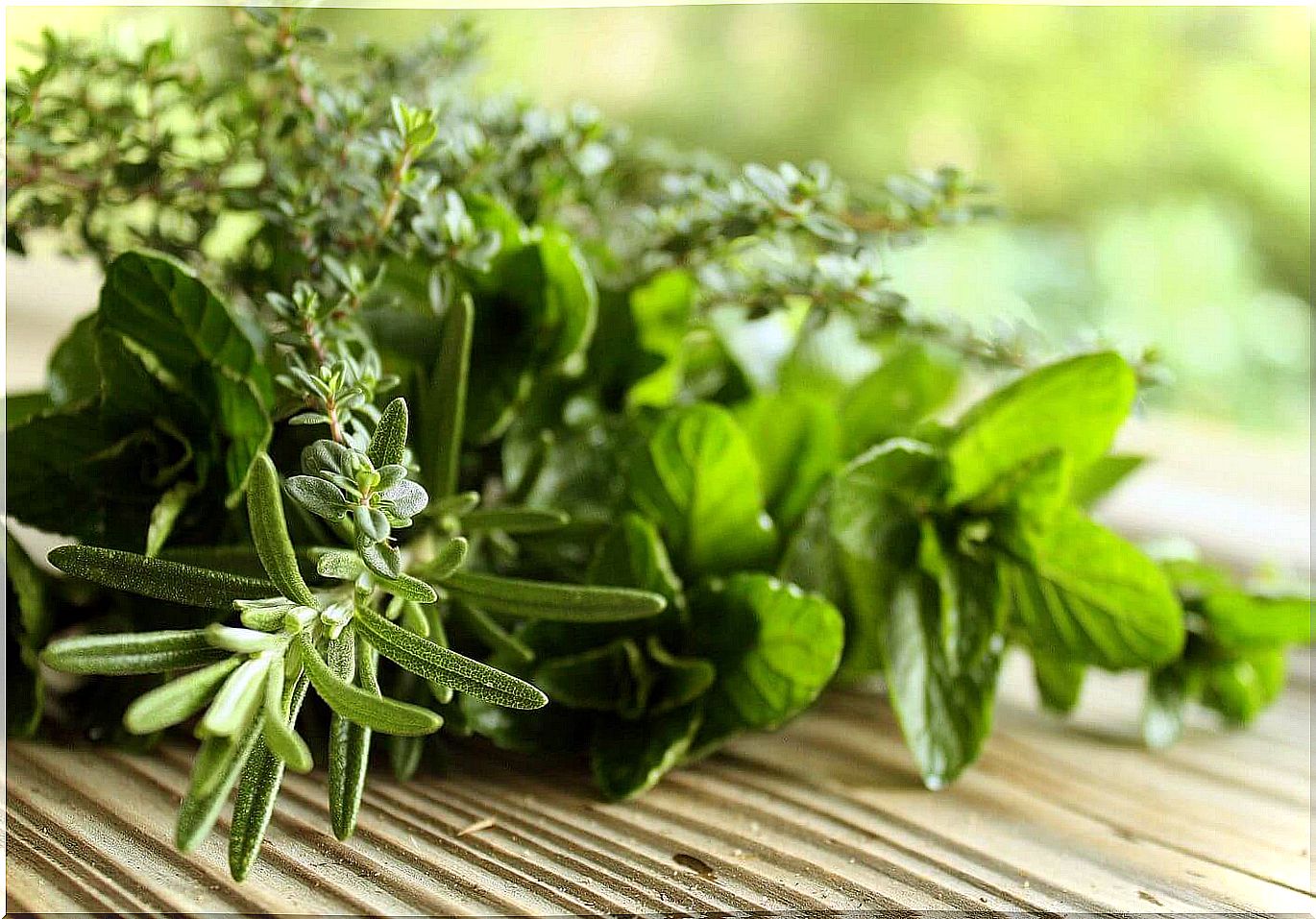
Nature offers us a wide variety of plants with antibacterial, anti-inflammatory and antiseptic properties. So there is no need to convince anyone that this type of natural products fantastically care for the health of the oral cavity and inhibit the growth of bacteria in it.
What herbs help “clear” my breath?
- Rosemary, parsley, basil and thyme – these are the greatest allies of a healthy and fresh mouth. Make infusions of them and drink them regularly.
- A drink based on water, lemon juice and salt removes bacteria from the mouth and perfectly moisturizes it.
- Clove tea effectively removes unpleasant odors from the mouth.
- Fennel helps maintain a clean, bacteria-free tongue and healthy gums.
- Try to eat one apple a day or chew on a stick of celery for a few minutes.
- A few drops of sage oil dissolved in water will help remove bacteria from the mouth and prevent the formation of bad breath.
When should you start to worry?
- When an unpleasant smell from the mouth is combined with a bitter aftertaste, your body sends you a signal that it is struggling with an excess of bilirubin. And this is sometimes a sign of liver dysfunction.
- A metallic smell or taste can be a sign of excess uric acid build-up in the body, which is a kidney problem.
- When bad breath smells of rot, your body probably develops a serious infection.
- A sweet smell from your mouth indicates too much glucose in your blood. It is characteristic of diabetics.
Take care of your breath every day!

